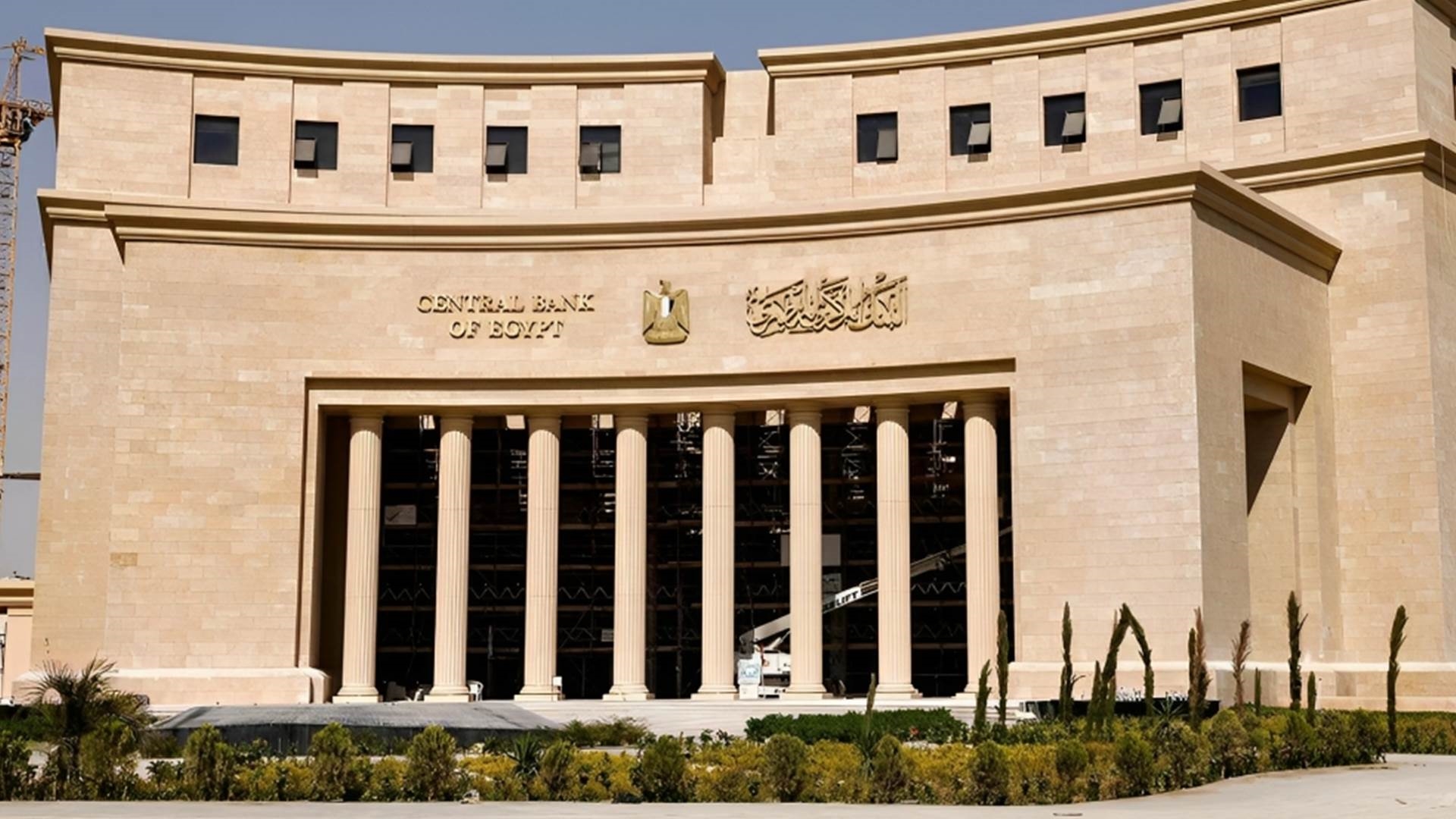External Debt Records largest Historical Decline of Over $14 Bn since December 2023
First Bank

A senior source of the Central Bank of Egypt revealed that Egypt's external debt fell to $153.86 bn at the end of May 2024, compared to $168.03 bn at the end of December 2023, with a decrease of $14.17 bn by an estimated percentage of 8.43%.
The Bank referred that this decline, during the five-month period under comparison, was the largest ever in the history of external Debt.
In parallel with the significant decline in Egypt's external debt levels, the source said that CBE's net foreign reserves recorded the highest level with a value of $46.38 bn in June 2024, with an increase of $13.26 bn since August 2022.
Current reserve balances could cover about 7.9 months of the value of Egypt's merchandise imports, securing the country's needs for a period that significantly exceeded internationally recognized standards as safe levels.
He noted that there was a dramatic growth in foreign exchange inflows to the domestic market with an increase of about 200%, including a rise of more than 100% in Egyptian remittances abroad compared to levels before unifying the exchange rate.
Furthermore, he said the strong rise in currency flows contributed to the elimination of CBE's foreign assets deficit to record a surplus of $10.3 bn in June 2024, compared to a $11.4 bn deficit in January 2024, and also improved the net foreign assets of banks to register $4.6 bn in May 2024, compared to a negative $17.6 bn in the same month last year.
The source refers to the success of bold monetary policy decisions since August 2022 in controlling inflation rates within the Egyptian market and slowing them dramatically to 27.5% in June 2024, the lowest rate since February 2023, contributing to stabilizing prices locally, reducing pressure on Egyptian households and boosting confidence in the local currency, business environment and investment of the Egyptian economy.
At the level of external indicators, CBE’s source confirmed a significant improvement in the return curve on Egypt's dollar bonds for January 2027, falling from 22.86% in October 2023 to 9.2% in June 2024, a difference of about 13 percentage points. This reduces the cost of borrowing from international markets when needed and demonstrates international investors' confidence in the reform process.









